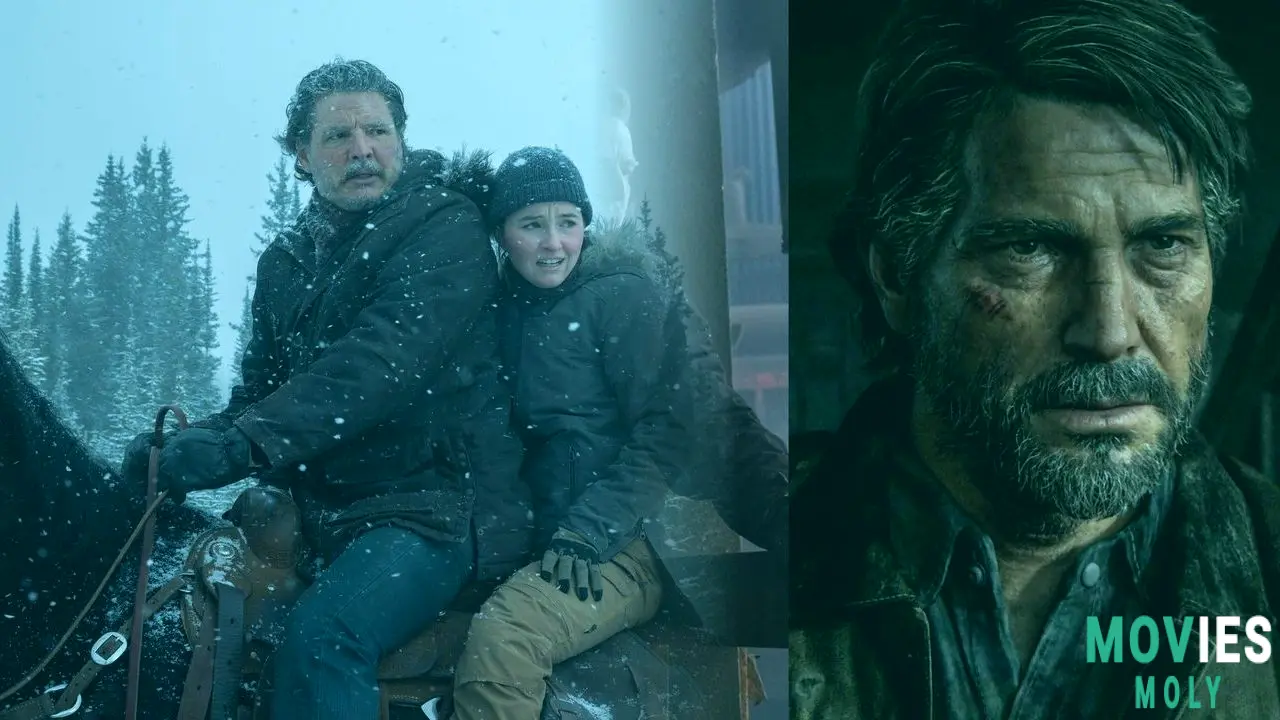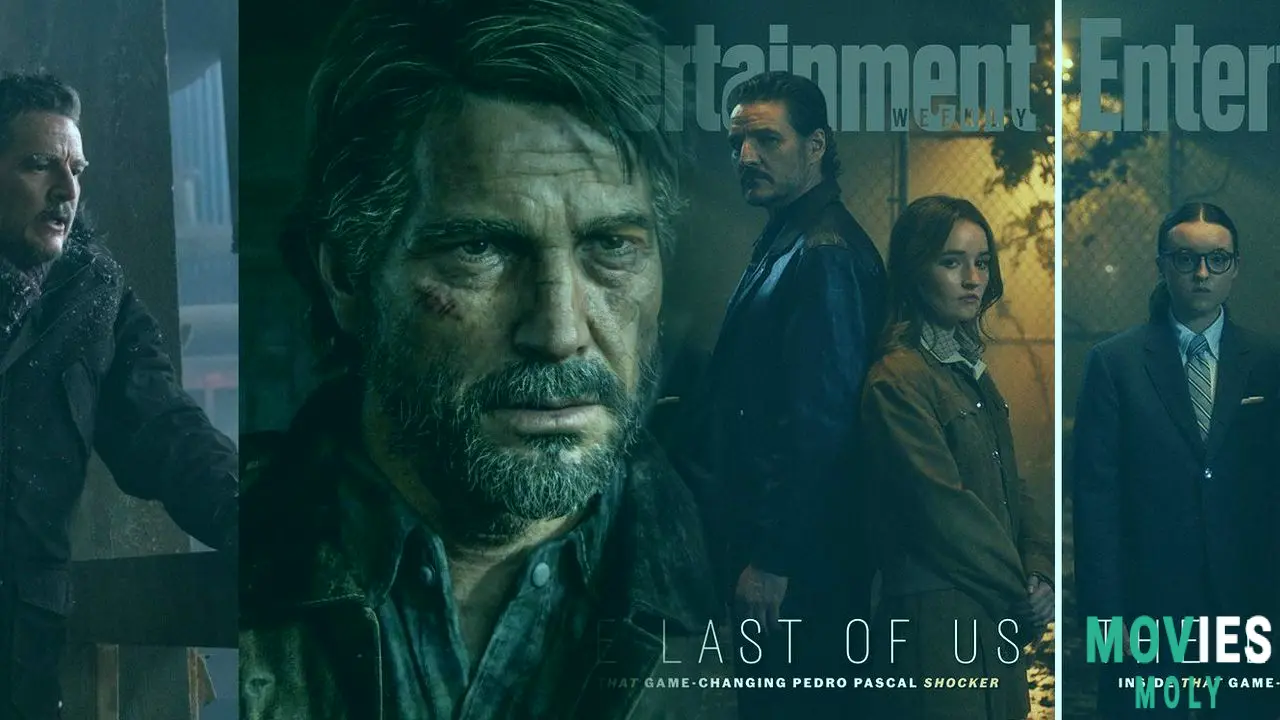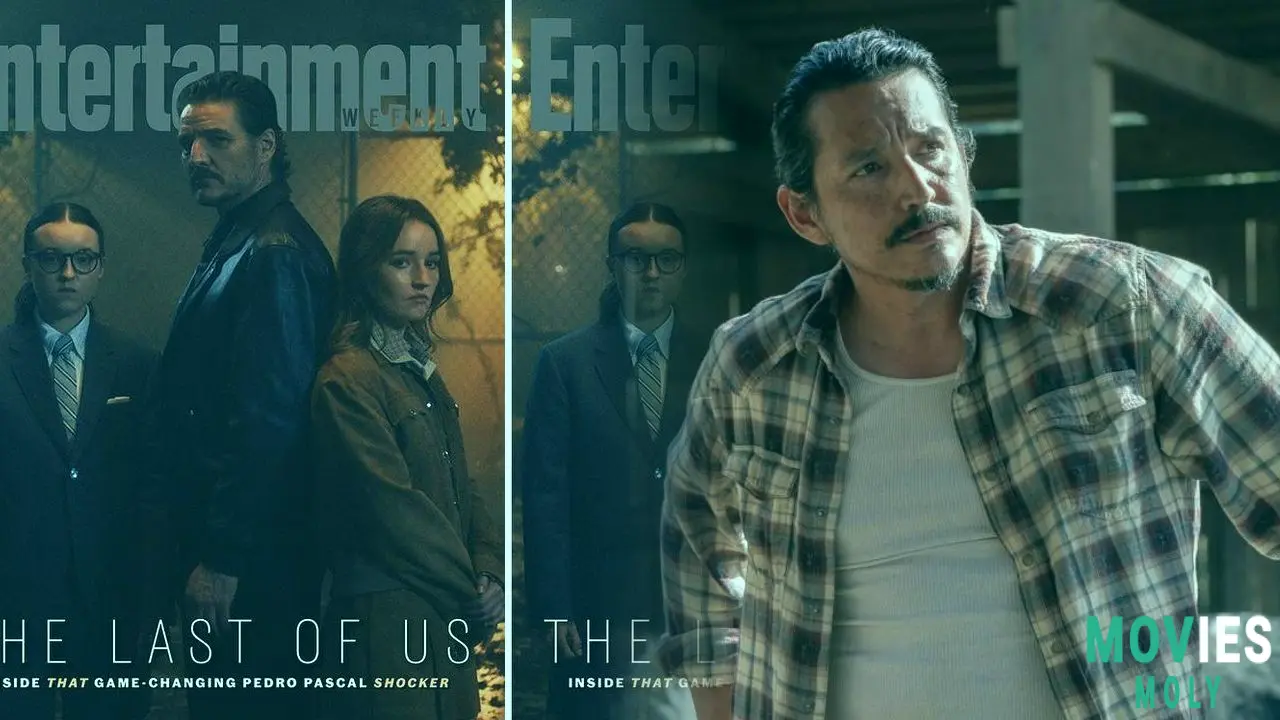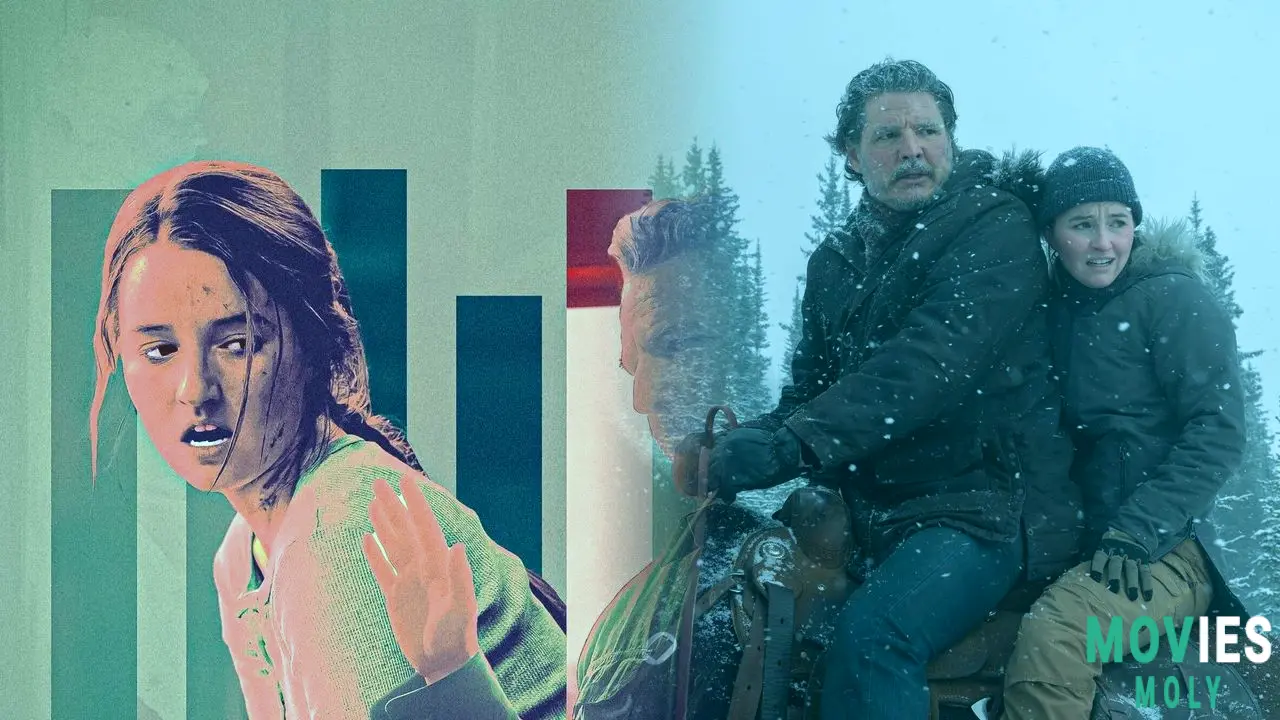It’s not every day that a character steps out of the shadow of a beloved protagonist and into the moral and emotional center of a story as explosively layered as The Last of Us. But that’s exactly what Gabriel Luna achieves with his portrayal of Tommy in HBO’s second season of the hit series. While much of the buzz—and rightly so—has swirled around Pedro Pascal’s final grim tango as Joel Miller and Kaitlyn Dever’s visceral turn as Abby, Luna’s reimagined Tommy offers a quieter, yet no less powerful, resonance to a tale already steeped in loss, loyalty, and the devastating cost of survival.
The Last of Us Showcases Luna’s Ability to Elevate a Fan-Favorite RoleComing off a first season that expertly adapted the emotional core of the original video game, season two dares to dive headfirst into the controversial and blood-soaked territory of The Last of Us Part II. And while the game positioned Tommy as a secondary player in Joel’s brutal prologue, the show retools his role—and Luna’s performance—into something far more heroic and thematically relevant. In a move that separates the series from its source material, the writers replace Tommy with Dina in the critical sequence of Joel’s ambush. This change not only shifts the emotional dynamics of the scene but creates new narrative pathways for Tommy, and by extension, for Luna to explore.
It’s a bold storytelling gamble, one that could have easily felt redundant or forced. Instead, it lands with striking effectiveness, thanks in large part to Luna’s grounded delivery. He doesn’t need explosive monologues or extended screentime to make an impact. His presence—steadfast, conflicted, and human—fills the gaps left by the show's inevitable departures from the game's structure. Watching Luna defend Jackson from the infected horde, even as his priorities waver in the face of personal loss, gives the character a fuller arc than we ever saw in the games.
Luna’s Tommy Brings a Nuanced Look at Survival and Emotional Stuck-ness

One of the most fascinating elements of Luna’s performance is how it reflects the larger themes of the season: trauma, forgiveness, and the desperate human need to stay ‘unstuck.’ As co-showrunner Craig Mazin eloquently puts it, Joel was stuck until Ellie unlocked something in him. Now, Ellie’s journey—fueled by grief and rage—mirrors that same emotional paralysis. And Tommy, in his own way, is stuck too. Torn between protecting a community he believes in and saving the people he loves most, Luna’s character becomes a mirror for Joel’s own moral failings. It’s not just about who he protects, but why—and what that says about his humanity.
The siege on Jackson’s gates isn’t just an action set piece; it’s a crucible for Tommy. The desperate flamethrower fight against the Bloater, shot with such brutal precision and care, is a moment of pure survival theater. But what follows—his shift from defending the town to prioritizing his wife and child—reveals a man torn between duty and instinct. Luna conveys this internal conflict with subtle glances and tight jawlines, never needing to overstate what’s already brewing beneath the surface. It's a performance that speaks volumes in silence.
Reimagining Tommy Allows Luna to Inject Originality Into a Familiar Narrative

Adaptations often walk a tightrope between fan service and creative evolution. The Last of Us Season 2 doesn’t just walk that line—it dances on it. By giving Tommy a more active and emotionally complex role, the series allows Gabriel Luna to make the character his own. He’s no longer just Joel’s brother or a secondary guardian; he’s a man grappling with what it means to protect a future in a world that keeps tearing him backward into loss.
And that’s the key word: forward. So much of the show’s momentum depends on characters moving forward, emotionally and narratively. Abby, stuck in her vengeance, mirrors Ellie’s descent into rage. Tommy’s struggle to hold onto Maria—and by extension, his son—becomes a symbol of clinging to personal hope when communal hope seems impossible. Luna’s performance makes these themes hit harder, not through grand speeches, but through lived-in moments of fear, determination, and heartbreak.
Gabriel Luna's Role in The Last of Us Season 2 Proves That Heroism Doesn’t Need to Be Loud

While the world watches and debates the morality of Joel’s death and Ellie's coming blood spree, it’s easy to overlook the emotional scaffolding that actors like Gabriel Luna provide. He’s the steady hand on the wheel as the story careens into moral chaos. He’s the tether to a community that’s about to implode under the weight of personal vendettas and fungal apocalypses. And he does it all without stealing the spotlight—a mark of true craft.
In a season filled with gore, grief, and game-changing moments, Gabriel Luna's Tommy is the quiet echo of what it means to survive without losing yourself. He may not have the most screen time, but every second he’s on the screen matters. That’s the power of a performance that understands its place in the story—not just to fill it, but to deepen it.
As The Last of Us marches into darker territory, and fans across the globe grapple with the legacy of Joel, Abby, and Ellie, one thing is clear: Gabriel Luna has given us a Tommy worth watching, feeling, and following—wherever this ruined world takes us next.




